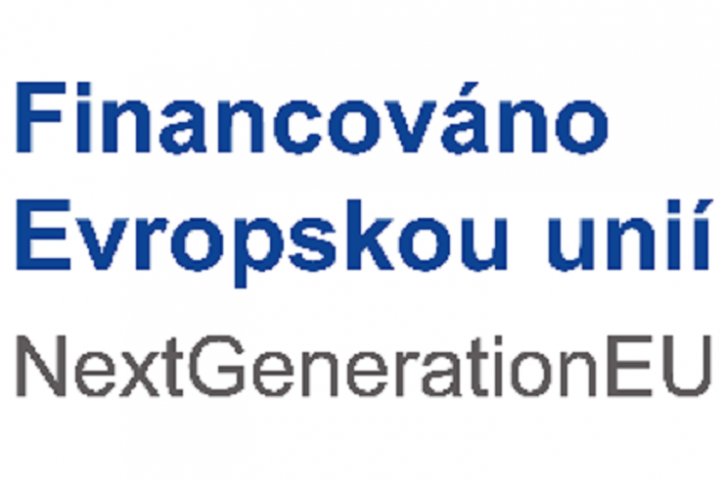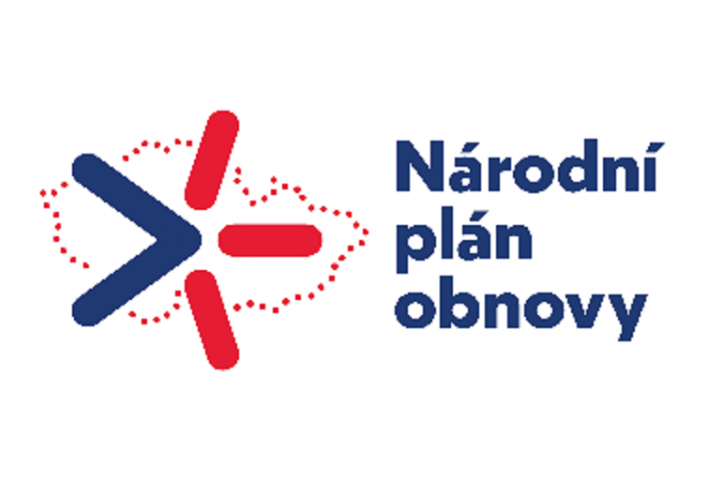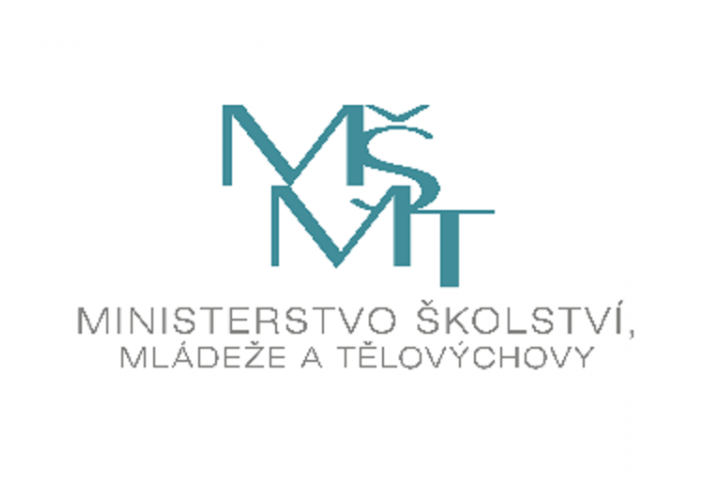The topic of the full-time micro-certificate course was chosen in scope of the Energy Performance of Buildings Directive, particularly in the area of meeting the requirements for "zero-emission buildings", which has recently come into force. This directive is expected to apply to public buildings in 2027 and to all buildings in 2030.
"In the course, the participants learned about the current legislation, including the requirements of the new directive. They covered the areas of electricity, energy performance of buildings, water management, ventilation and air conditioning, use of renewable energy sources, business energy, building systems, heat recovery, indoor environment, heating of buildings and health and safety installations. The course also included excursions to laboratories and workshops that focused on the specifics of heating, thermal comfort, air quality and light," explains Prof. Karel Kabele, Head of the Department of Indoor Enviromental and Building Services Engineering at Faculty of Civil Engineering, who was the expert guarantor of the course and also one of the lecturers. In addition to him, other top experts from Faculty of Civil Engineering, Faculty of Mechanical Engineering and Faculty of Electrical Engineering also lectured in the course.
The possibility of a wide application of the microcertificate corresponded to the wide professional spectrum of the course participants. Among the graduates there are for example HVAC technician, construction manager, property manager, HVAC designer, teacher, energy specialist, building constructon designer, real estate appraiser, technologist, sales manager, company executive and many others.
Prof. Karel Kabele explains, "Our intention in the course was to bring important knowledge and skills to building and energy professionals who want to actively contribute to creating a more sustainable future through energy efficient and healthy buildings. Among other things, we emphasised the integration of innovative technologies and materials that are key to achieving the goals of a carbon-free, energy self-sufficient Europe set by the European Union for 2030 and 2050."
The next run of the two-semester career course "Technical building services for Energy Efficient and Healthy Buildings" concluding with a micro-certificate will take place from September 2024 to May 2025, and can be registered via https://czv.cvut.cz/1730-technicka-zarizeni-budov-pro-energeticky-efektivni-a-zdrave-budovy/.
You can find all lifelong education courses offered at CTU in the Lifelong Learning Portal.


